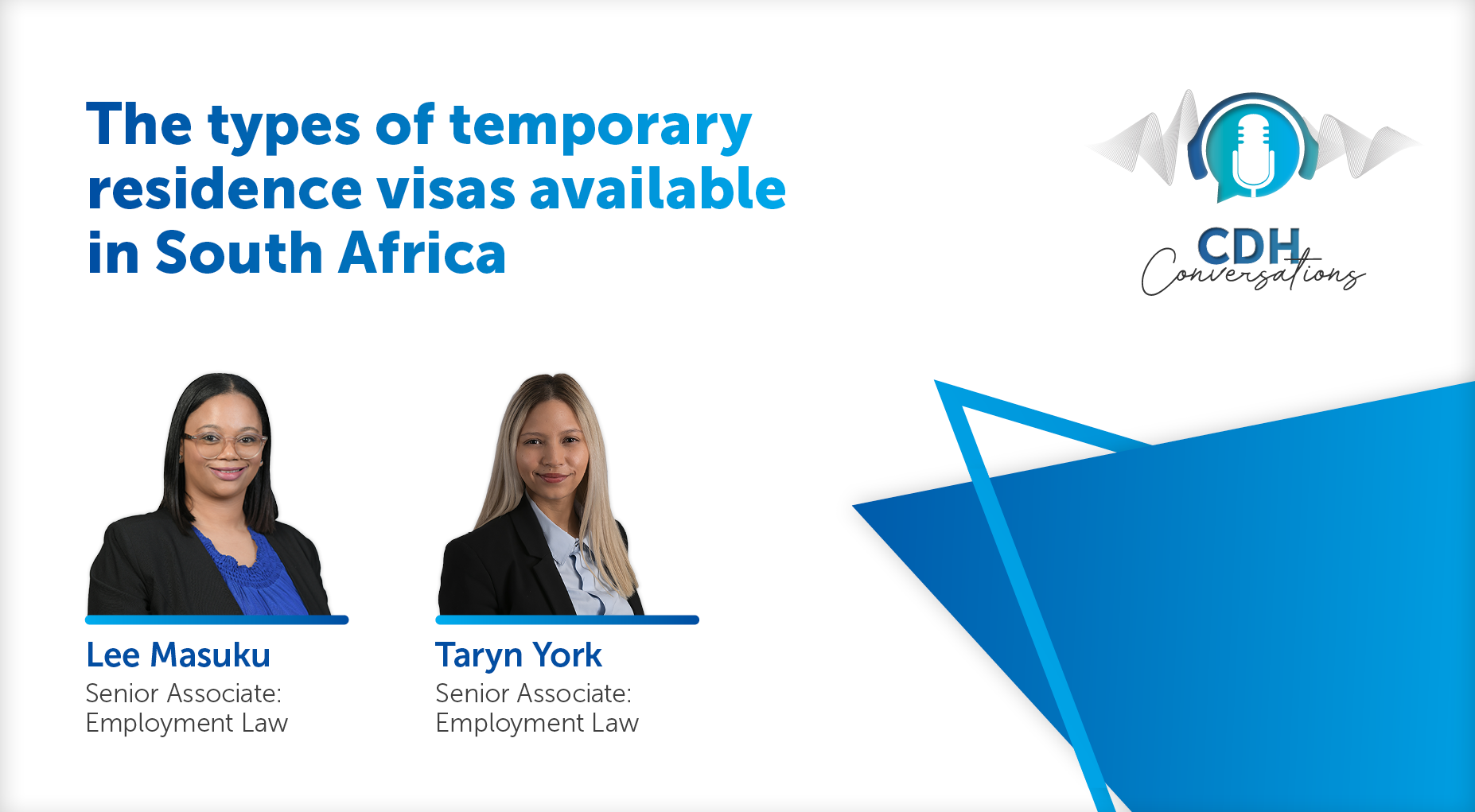Sars's power to request relevant material
Section 46(1) of the Tax Administration Act, No 28 of 2011 (TAA) gives the South African Revenue Service (SARS) the power, for purposes of the administration of a tax act in relation to a taxpayer, to request a taxpayer or another person, within a reasonable period, to submit relevant material (whether orally or in writing) to SARS. This subsection applies to taxpayers whether identified by name or objectively identifiable. Subsection (2) gives a senior SARS official the authority to request relevant material in respect of taxpayers in an objectively identifiable class of taxpayers.
Section 46 often creates difficulties for the ‘other persons’ referred to in this section, such as banks, who may be the recipients of requests for relevant material from SARS in respect of their own clients, being the taxpayers in question. Banks owe a duty to their clients not to disclose information concerning their clients’ affairs, which duty is qualified. The English case of Tournier v National Provincial and Union Bank of England 1924 1 KB 461 laid down the principle that a banker may disclose information regarding his client’s affairs where, inter alia, the disclosure is under compulsion of the law. Section 234 of the TAA provides that a person who wilfully and without just cause:
- refuses or neglects to furnish, produce or make available any information, document or thing;
- fails to comply with a directive or instruction issued by SARS to the person under a tax act;
- fails or neglects to disclose to SARS any material facts which should have been disclosed under the TAA or to notify SARS of anything which the person is required to notify SARS under a tax act; or
- obstructs or hinders a SARS official in the discharge of the official’s duties,
- is guilty of an offence and, upon conviction, is subject to a fine or imprisonment for a period not exceeding two years.
Section 46(3) of the TAA limits any request for relevant material from a person other than the taxpayer to relevant information related to the records maintained or that should reasonably be maintained by the person in relation to the taxpayer. In this regard, SARS cannot request banks to provide it with material which the banks are not required or cannot reasonably be required to maintain. Section 46(6) further requires these requests to refer to the relevant material with reasonable specificity.
However, whereas banks could previously have refused to provide SARS with material requested in terms of s46 of the TALAA on the basis that the bank did not consider the material to be relevant, the Tax Administration Laws Amendment Act No 44 of 2014 (TALAA) has now amended the definition of “relevant material” in the TAA to mean “any information, document or thing that in the opinion of SARS is foreseeably relevant for the administration of a tax Act…” (our emphasis). It is therefore no longer within a bank’s discretion to decide whether material is relevant.
The Explanatory Memorandum to the TALAA states that the reason for this amendment is to “prevent protracted disputes around entitlement of information and the consequent waste of resources… the term foreseeable relevance does not imply that taxpayers may unilaterally decide relevance and refuse to provide access thereto, which is what is happening in practice”.
The Explanatory Memorandum states that the test for what is foreseeably relevant should have a low threshold, and that the following considerations should be applied:
- whether, at the time of the request, there is a reasonable possibility that the material is relevant to the purpose for which it is sought;
- whether the material, once provided, actually proves to be relevant is immaterial;
- a request may not be declined in cases where a definite determination of the relevance of the material requested for an ongoing audit or investigation can only be made following receipt of the material;
- there need not be a clear and certain connection between the material requested and the purpose for which it is requested, but a rational possibility that the material will be relevant to the purpose; and
- the approach is to first produce the material and allow a definite determination to occur later.
Businesses, and banks in particular, are therefore urged to take note of these new amendments to the TAA, particularly in light of the criminal offences created by s234 of the TAA.
The information and material published on this website is provided for general purposes only and does not constitute legal advice. We make every effort to ensure that the content is updated regularly and to offer the most current and accurate information. Please consult one of our lawyers on any specific legal problem or matter. We accept no responsibility for any loss or damage, whether direct or consequential, which may arise from reliance on the information contained in these pages. Please refer to our full terms and conditions. Copyright © 2026 Cliffe Dekker Hofmeyr. All rights reserved. For permission to reproduce an article or publication, please contact us cliffedekkerhofmeyr@cdhlegal.com.
Subscribe
We support our clients’ strategic and operational needs by offering innovative, integrated and high quality thought leadership. To stay up to date on the latest legal developments that may potentially impact your business, subscribe to our alerts, seminar and webinar invitations.
Subscribe




